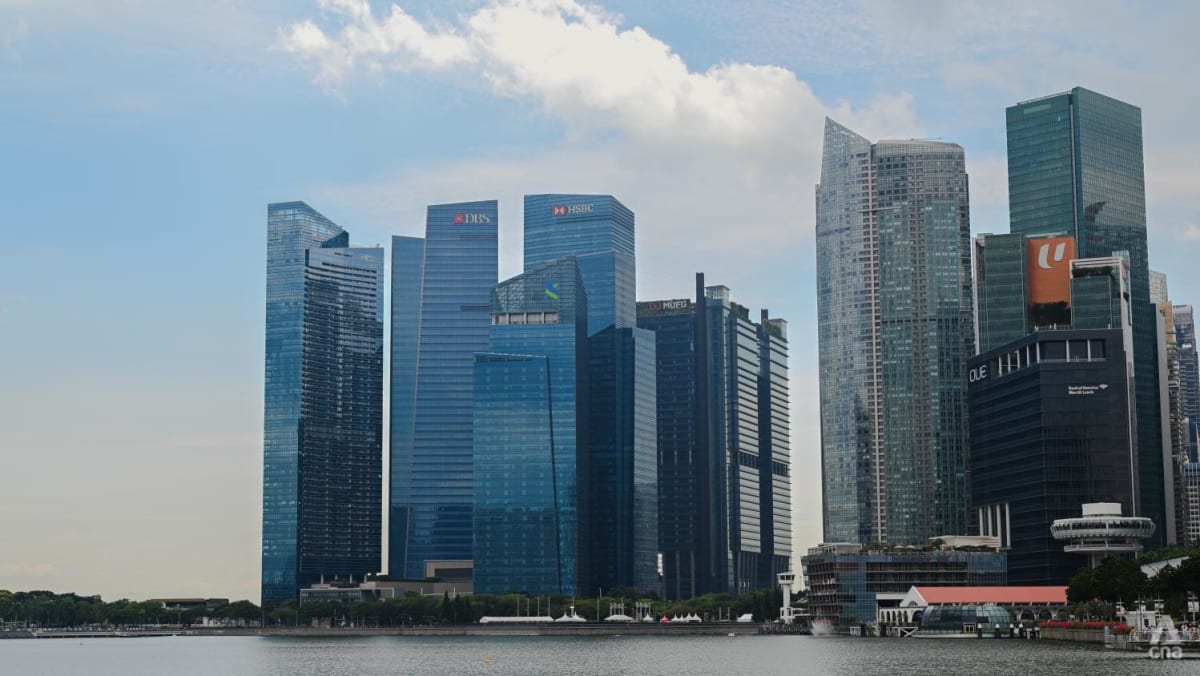SINGAPORE: When Mr Pav Gill first found evidence of fraud at his employer, the German payments processor Wirecard, he set an investigation in motion from his office in Singapore.
Then the company’s head of legal for Asia-Pacific, Mr Gill was determined to remove the rot from within, confident he was just doing his job properly.
But senior executives thought differently. They blocked the investigation and unleashed a barrage of harassment and intimidation on Mr Gill, from shouting at him in the office to threats to investigate him instead.
At one point, even his life appeared to be in danger. Management tried to send him on a business trip to Indonesia. Mr Gill got a tip-off that he would not return home if he went. He did not go on the trip.
After three months of management “making (his) life hell”, Mr Gill left Wirecard and started interviewing for a new job. But the persecution did not stop there.
At some job interviews, he would be questioned about why he had left Wirecard instead of about his skills and experience.
Those hirers were friendly to Wirecard. They were trying to bait him into disclosures that would breach his separation agreement with his former employer, giving it a basis to go after him, said Mr Gill.
Pushed into a corner, Mr Gill’s mother got in touch with a journalist, and he took his tranche of evidence to the Financial Times.
In 2019, the British newspaper started publishing reports on Wirecard’s illegal activities, implicating senior executives in a series of suspicious transactions at the company.
Authorities sat up and took notice. Investigations culminated in Wirecard’s collapse in 2020, after it failed to account for €1.9 billion (US$2 billion) in missing funds.
Mr Gill, who went public with his identity as the Wirecard whistleblower in 2021, told CNA that his experience is a rare example of successful whistleblowing, where the perpetrators face criminal prosecution.
“The Germans, for example, they didn’t understand how a mum-and-son combo living in a subsidised housing estate in small Singapore could successfully expose a powerful €24 billion company.”
But it came at a huge personal cost to him and his mother, who suffered a stroke from the stress of the ordeal. It is also a reminder that informants have reason to fear retaliation and need protection from reprisal.


